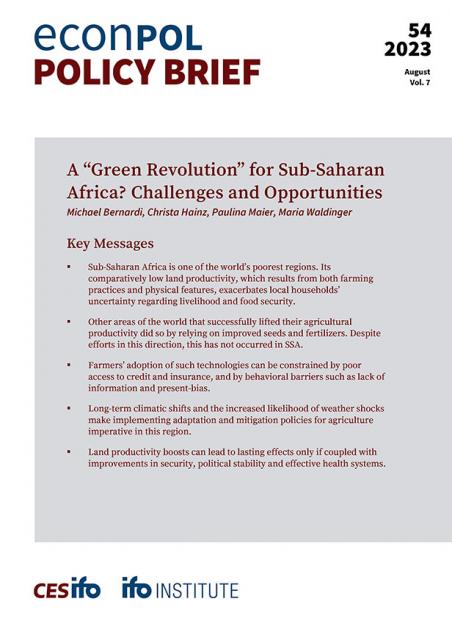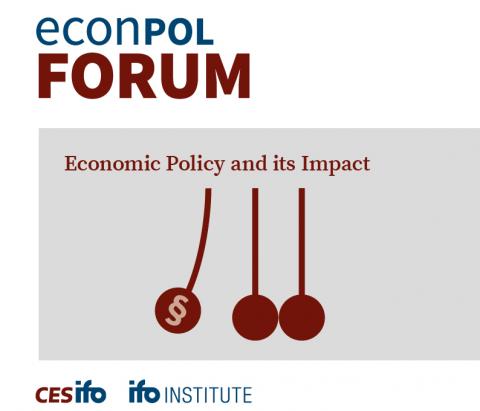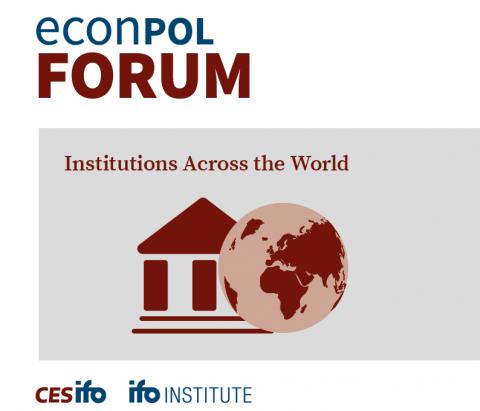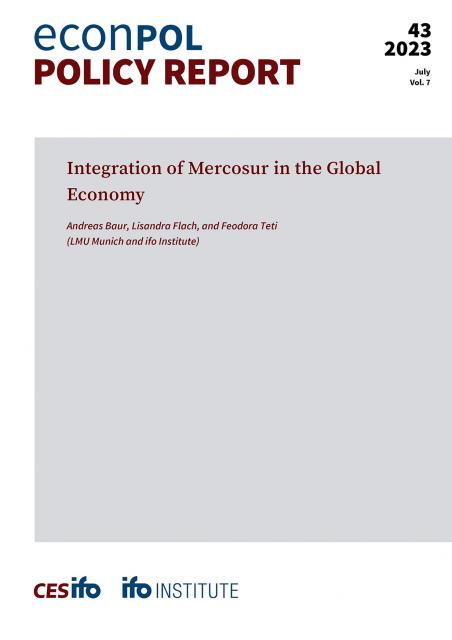
Economic Development & Growth
What makes countries’ economies grow towards a developed status is a subject of much debate, with competing approaches vying to assert their superiority. Free markets or state-led? National champions or free enterprise? Diversification or competitive advantage? This EconPol topic area cuts through dogmas and philosophies to find which factors actually drive economic growth, under what circumstances, and which ones make it sustainable. It looks at strategies, policies, and initiatives aimed at enhancing productivity, promoting innovation, and creating favorable conditions for economic progress, and examines the role of various drivers of economic development, such as investment, entrepreneurship, technological advances, human capital development, and institutional frameworks. It also explores the challenges and opportunities associated with economic growth, including income inequality, environmental sustainability, and the distribution of resources.




